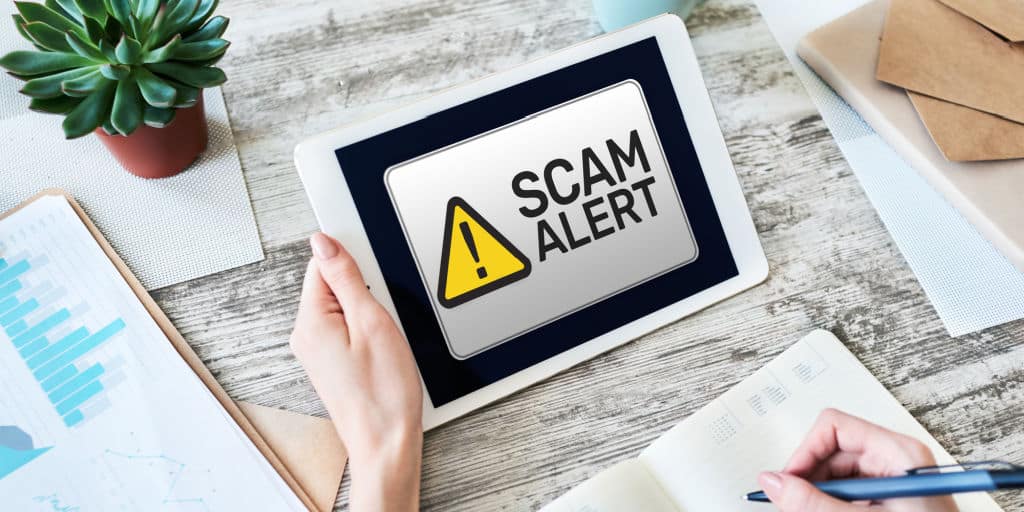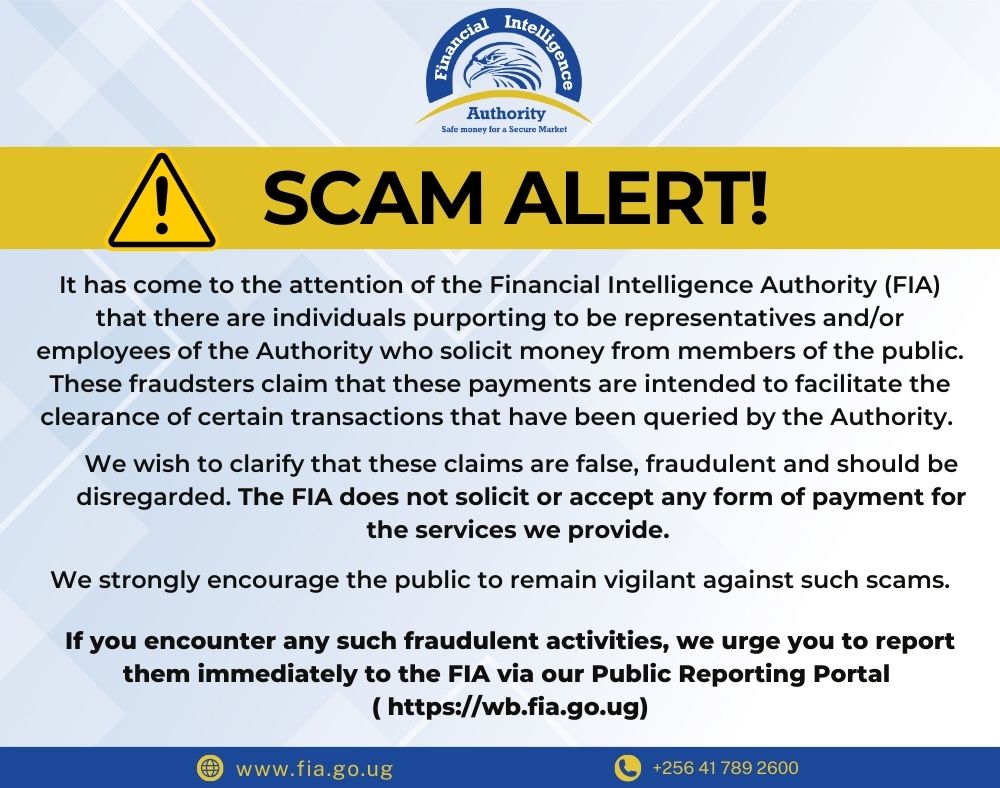Financial Scam Alerts: How to Protect Yourself from Fraud
Financial scams have become more prevalent in recent years, targeting individuals and businesses alike. As technology advances, scammers develop new methods to deceive people into parting with their hard-earned money. In this article, we will explore various types of financial scams, how to identify them, and what steps you can take to protect yourself.

Understanding Financial Scams
Financial scams are deceptive schemes that trick people into providing sensitive information or making payments to fraudulent parties. Scammers often prey on people’s emotions, offering too-good-to-be-true deals or creating a sense of urgency. It’s important to stay informed and vigilant to avoid falling victim to these scams.
Common Types of Financial Scams
There are various types of financial scams, each with its own methods of operation. Here are some of the most common scams to be aware of:
-
Phishing Scams: Scammers send fraudulent emails or text messages that appear to come from legitimate sources, such as banks or government agencies. These messages often contain links to fake websites designed to steal your personal information.
-
Investment Scams: Fraudsters promise high returns on investments with little to no risk. They may pressure you to invest quickly and can often appear convincing.
-
Credit Card Fraud: Scammers may steal your credit card details through various methods, such as skimming devices or phishing attacks, and make unauthorized purchases.
-
Lottery and Sweepstakes Scams: You may receive a notification claiming that you’ve won a large sum of money in a lottery or sweepstakes, but to claim your prize, you need to pay a fee or provide personal information.
How to Spot a Financial Scam
Identifying a financial scam can be tricky, as scammers are becoming increasingly sophisticated. However, there are several signs that can help you spot a scam:
-
Too Good to Be True: If an offer sounds too good to be true, it probably is. Be wary of any offer promising large returns with little effort or risk.
-
Pressure Tactics: Scammers often use high-pressure tactics to make you act quickly. If you’re being rushed into a decision, take a step back and assess the situation.
-
Unsolicited Contact: Be cautious if you receive unsolicited emails, phone calls, or text messages, especially if they ask for sensitive information or payment.
-
Unclear or Suspicious Contact Details: Scammers may use email addresses or phone numbers that seem off or don’t match those of legitimate companies.

Red Flags to Watch Out For
-
Spelling and Grammar Errors: Legitimate companies take the time to proofread their communications. If you notice frequent spelling and grammar mistakes, it’s a red flag.
-
Unverifiable Claims: Scammers may make claims that can’t be verified or easily fact-checked. Always research before making any financial decision.
-
Suspicious Payment Requests: Be cautious if you’re asked to pay for something upfront, especially through unconventional methods like gift cards, wire transfers, or cryptocurrencies.
Protecting Yourself from Financial Scams
While it’s impossible to guarantee complete protection from financial scams, there are several steps you can take to reduce your risk and safeguard your personal information.
1. Use Strong and Unique Passwords
One of the simplest and most effective ways to protect yourself is to use strong, unique passwords for your online accounts. Avoid using easily guessable information like your birthdate or pet’s name, and consider using a password manager to keep track of your credentials.
2. Enable Two-Factor Authentication (2FA)
Many financial institutions and online services offer two-factor authentication (2FA), which adds an extra layer of security to your accounts. With 2FA enabled, even if a hacker obtains your password, they won’t be able to access your account without the second factor (such as a one-time code sent to your phone).
3. Monitor Your Accounts Regularly
Keep an eye on your bank and credit card statements to spot any suspicious activity. Early detection is key to minimizing the damage caused by financial fraud. Most financial institutions allow you to set up transaction alerts that notify you of any activity on your account.
4. Be Cautious with Personal Information
Never share your personal or financial information over the phone, email, or text message unless you’re absolutely sure the request is legitimate. Always verify the identity of the person or company contacting you.
5. Report Suspicious Activity
If you suspect you’ve encountered a scam, report it immediately to your bank or financial institution. They may be able to stop further fraudulent transactions or assist you in recovering your funds. You can also report scams to government agencies such as the Federal Trade Commission (FTC) or the Consumer Financial Protection Bureau (CFPB).

Recent Financial Scams to Be Aware Of
The landscape of financial scams is constantly evolving. New scams are emerging as criminals find more sophisticated ways to exploit unsuspecting victims. Here are a few recent scams you should be aware of:
1. Social Media Investment Scams
With the rise of social media, scammers have increasingly used platforms like Instagram and Facebook to promote fake investment opportunities. These scams often promise high returns from cryptocurrency investments or stock market tips, only to disappear once you’ve invested your money.
2. Cryptocurrency Scams
Cryptocurrency-related scams have become more widespread in recent years. Fraudulent schemes may involve fake ICO (Initial Coin Offerings) or fake cryptocurrency exchanges. Always conduct thorough research before investing in cryptocurrency.
3. Phishing Scams Targeting Taxpayers
With tax season approaching, many phishing scams are designed to trick people into providing sensitive personal information by posing as the IRS or other tax-related authorities. Scammers may threaten legal action or offer tax refunds in exchange for personal details.
Frequently Asked Questions (FAQs)
1. What should I do if I think I’ve been scammed?
If you believe you’ve fallen victim to a scam, contact your bank immediately to report unauthorized transactions. File a complaint with the FTC or the CFPB and keep track of all communications related to the scam.
2. How can I verify if an investment opportunity is legitimate?
Before investing, research the company and look for any signs of legitimacy. Check if they are registered with the Securities and Exchange Commission (SEC) and read reviews or complaints online.
3. What is phishing, and how can I avoid it?
Phishing is when scammers send fraudulent emails or texts designed to trick you into revealing personal or financial information. Avoid clicking on links in unsolicited messages and verify the sender before responding.
4. Are there any tools that can help protect me from scams?
There are several tools available to help protect against scams, including spam filters, security software, and identity theft protection services. Enable two-factor authentication on your accounts and monitor your statements regularly.
5. Can I recover money lost in a scam?
In some cases, it may be possible to recover money lost in a scam, especially if reported quickly. Your bank may be able to reverse fraudulent transactions, and some financial institutions offer fraud protection services.
Conclusion
Financial scams are a growing threat, but by staying vigilant and educated, you can significantly reduce your risk of falling victim. Always verify the authenticity of offers, protect your personal information, and report any suspicious activity to the proper authorities. By doing so, you can safeguard your finances and avoid the devastating consequences of financial fraud.




